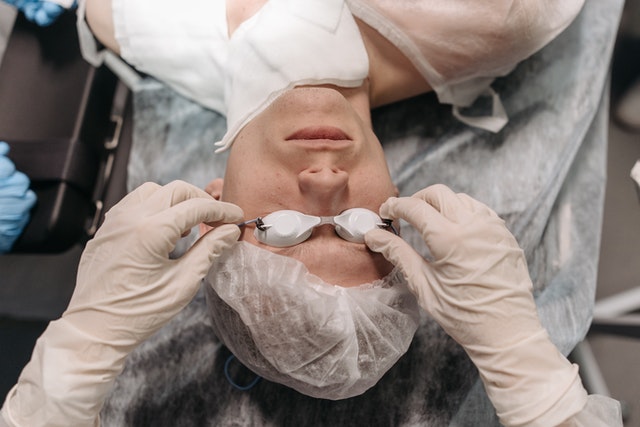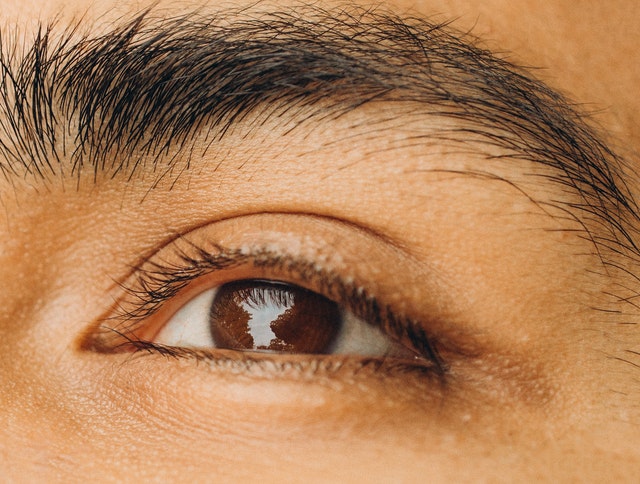Ptosis, or drooping eyelids, is a condition that affects many people. In most cases, it is caused by age or genetics, and there is not much that can be done to prevent it. However, for some people, ptosis can be a sign of a more serious medical condition. If you are experiencing symptoms of ptosis, it is important to consult with your healthcare provider to determine the cause and receive treatment if necessary.
What causes drooping eyelids?
Drooping eyelids, or ptosis, can be caused by a variety of things. Sometimes it is simply due to aging, gravity, or sun damage. In other cases, it can be caused by an underlying medical condition, such as thyroid disease, diabetes, or stroke. It can also be the result of an injury to the eye or surrounding muscles. If you are experiencing drooping eyelids, it is best to consult with a doctor to determine the cause and possible treatment options.
What is ptosis?
Ptosis is a condition in which the eyelids droop. This can occur due to a variety of reasons, including muscle weakness, nerve damage, or excess skin on the eyelids. Ptosis can be mild or severe, and it can affect one or both eyes. In some cases, ptosis may cause difficulty with vision. Treatment for ptosis depends on the underlying cause. In some cases, surgery may be necessary to correct the problem.
Our Resident Ophthalmologist – Dr. Tamela Martin, MD has the following insight:
Ptosis is most commonly “acquired or involutional” called mechanical Ptosis. It is due to mechanical & aging factors. Cataract surgery, contact lens wear, and intraocular surgeries contribute to the “stretching and loss of the muscle function” that opens the lid.
Congenital Ptosis is seen at birth and has various ways to correct it, is often genetic.
Ptosis can also be due to systemic disorders such as Myasthenia Gravis.
If your lids are drooping, feel heavy, or don’t open well-you should consult your physician.
What diseases are associated with drooping eyelids?
Drooping eyelids, or ptosis, can be a symptom of several underlying conditions. In some cases, it may be due to a structural issue with the eyelid itself, such as Drooping eyelids, or ptosis can be a symptom of several underlying conditions.
In some cases, it may be due to a structural issue with the eyelid itself, such as Drooping eyelids, or ptosis can be a symptom of several underlying conditions. In some cases, it may be due to a structural issue with the eyelid itself, such as an excess of skin or muscle tissue. In other cases, ptosis may be the result of nerve damage or dysfunction.
Ptosis can also be a side effect of certain medications, such as beta-blockers or antidepressants. In rare cases, ptosis may be indicative of a more serious condition, such as a brain tumor or stroke.
If you are experiencing drooping eyelids, it is important to consult with a medical professional to determine the underlying cause. Drooping eyelids can usually be treated effectively once the underlying condition is diagnosed and addressed.
Can ptosis be corrected?
Drooping eyelids, or ptosis, can be a cosmetic concern, but may also interfere with vision. In some cases, corrective surgery can be performed to improve the appearance and function of the eyelid.

What is blepharoplasty?
Blepharoplasty is a surgical procedure that can correct this condition by tightening the muscles and tissues around the eye. This will help to lift the eyelid and give you a more youthful appearance. In some cases, blepharoplasty can also help to improve vision by removing any excess skin that may be blocking your field of vision.
If you are considering blepharoplasty, it is important to consult with a board-certified plastic surgeon or an ophthalmologist with experience in these procedures, who has experience performing this type of procedure. During your consultation, your surgeon will assess your individual needs and tailor the procedure to ensure that you achieve the best possible results.
What kind of doctor treats drooping eyelids?
Drooping eyelids, or ptosis, can be treated by a variety of doctors depending on the underlying cause. If the ptosis is due to muscle weakness, then an ophthalmologist or plastic surgeon may be able to help. In some cases, surgery (blepharoplasty) may be needed to correct the problem.
How Do I Get an Ophthalmology Consult with Telemedicine?
Ptosis can be a debilitating condition that causes people to look tired or older than they are. If you are suffering from ptosis, it is important to see a doctor who can help determine the underlying cause and provide treatment. Dr. Tamela Martin, MD is an expert in the field of ophthalmology and can help you find the best solution for your individual case. Contact her office today to schedule a consultation and learn more about how she can help you restore your confidence with bright, youthful eyes.
BLOG AUTHOR
Dr. Ismail Sayeed
Dr. Sayeed is the Medical Director of ViOS, Inc. He is a deeply committed physician entrepreneur & medical blog writer. While building the global infrastructure of the VIOS Clinic, he is dedicated to educate people on the potential of specialist telemedicine for managing chronic diseases.
Read more about him in his author bio


